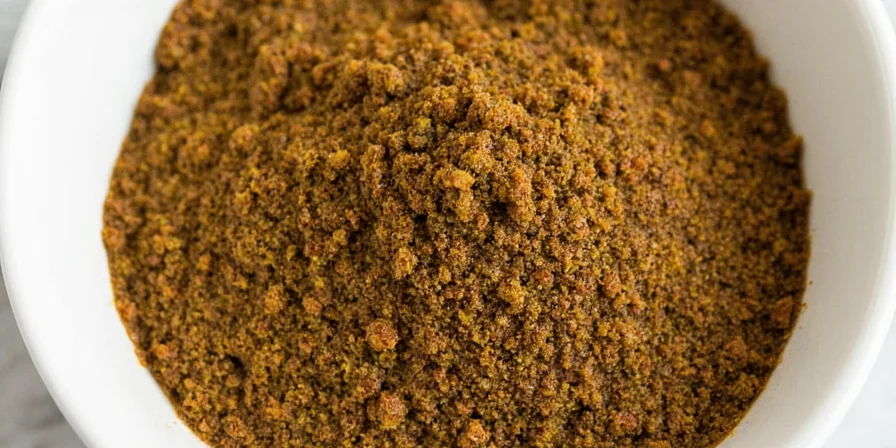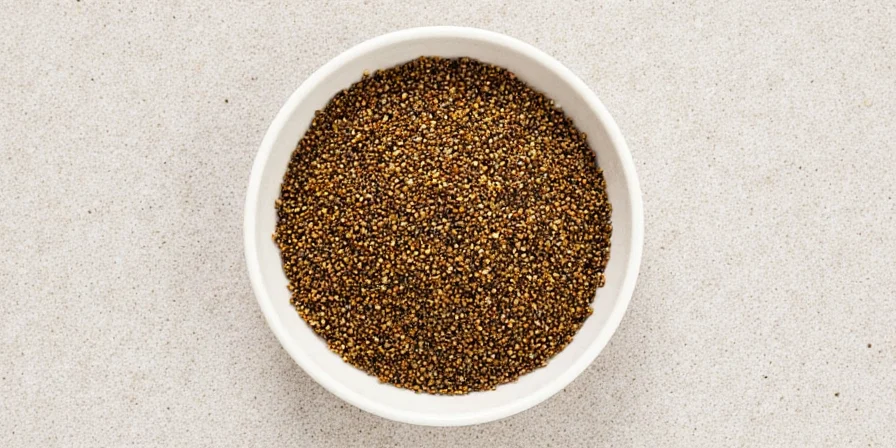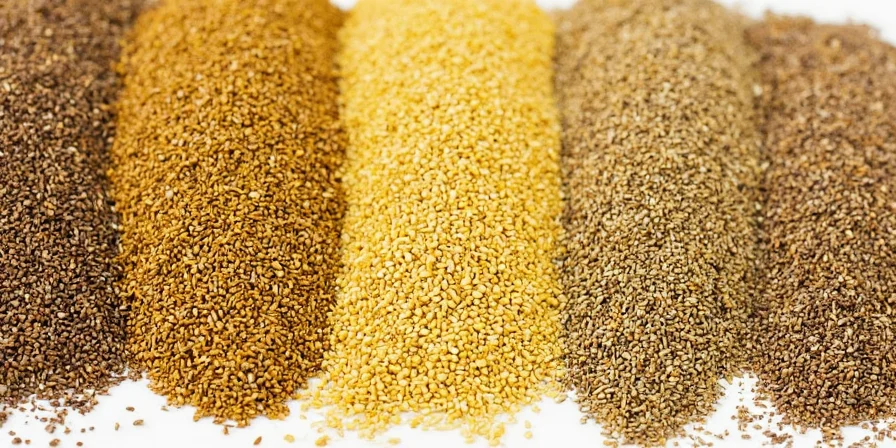
Table of Contents
- Your Best Quick Substitute (Right Now!)
- Why Brown Mustard Seeds Work Best
- Top 3 Practical Substitutes for Home Cooks
- Quick Reference Comparison
- Real Kitchen Questions Answered
Your Best Quick Substitute (Right Now!)
If you're searching for black mustard seed substitutes, you likely need an immediate solution for your recipe. Brown mustard seeds are the best direct replacement you can find at most grocery stores. Use them in a 1:1 ratio for Indian dishes, tempering, and pickling. They provide nearly identical flavor release when heated because they contain the same pungent compounds, just with slightly thicker seed coats that create a marginally milder heat.
For most home cooks, this is the only substitute you'll ever need. If brown mustard seeds aren't available, yellow mustard seeds work in a pinch (use 1.5x the amount), though they produce a milder flavor better suited for Western dishes than authentic Indian cooking.

Why Brown Mustard Seeds Work Best
When recipes call for black mustard seeds, they're counting on that distinctive "pop" and pungent flavor that comes when the seeds hit hot oil. This happens because of a chemical reaction: heat ruptures the seed coating, releasing enzymes that transform compounds into that characteristic sharpness.
Brown mustard seeds work best as a substitute because they contain the same key compounds (sinigrin) that create this effect. The difference? Brown seeds have slightly thicker coatings, which means they release their flavor just a bit more slowly—resulting in a marginally milder but still authentic experience in curries, dals, and pickles.
Don't waste time with complicated alternatives. For 95% of recipes, swapping black for brown mustard seeds in equal amounts will give you perfect results without altering your cooking technique.
Top 3 Practical Substitutes for Home Cooks
- Brown Mustard Seeds: Your ideal 1:1 replacement available at most supermarkets. Works perfectly in Indian dishes, tempering (tadka), and pickling. Keep a small jar in your spice cabinet for emergencies.
- Yellow Mustard Seeds: Use 1.5x the amount called for. Best for Western recipes like pickles and relishes where milder flavor is acceptable. Not recommended for authentic Indian dishes.
- Prepared Mustard: In a true emergency, use 1 teaspoon prepared mustard per 1/2 teaspoon black mustard seeds called for. Add it near the end of cooking to preserve flavor. Best for sauces and dressings.

Quick Reference Comparison
| Substitute | Ratio to Black Mustard | Where to Find | Best For | Limitations |
|---|---|---|---|---|
| Brown Mustard Seeds | 1:1 | Grocery spice aisle | Indian cooking, tempering, pickling | Slightly milder heat |
| Yellow Mustard Seeds | 1.5:1 | Grocery spice aisle | Pickles, relishes, Western dishes | Too mild for Indian recipes |
| Prepared Mustard | 2:1 (tsp) | Refrigerated condiment section | Sauces, dressings, marinades | Alters liquid ratios in recipes |

Real Kitchen Questions Answered
What's the quickest substitute if I have nothing but regular mustard?
If all you have is prepared yellow mustard, use 2 teaspoons for every 1 teaspoon of black mustard seeds required. Add it toward the end of cooking for sauces and dressings. For tempering (tadka), this won't work well—skip the tempering step and add the mustard later.
Can I use mustard powder instead of seeds?
Yes, but with adjustments. Mix 1 teaspoon mustard powder with 2 teaspoons cold water, then let it sit for 10 minutes before using. This activates the enzymes that create that characteristic mustard flavor. Use this mixture in place of seeds in dressings or sauces, but not for tempering.
Why do some recipes specifically call for black mustard seeds?
Black mustard seeds have a more intense, pungent flavor and quicker heat release than brown or yellow varieties. They're preferred in South Indian and Bengali cooking where that sharp burst of flavor is essential. If making shorshe ilish (Bengali mustard fish), brown mustard seeds are acceptable but use 20% more to compensate for milder flavor.
Do substitutes affect nutritional benefits?
All mustard seeds contain similar beneficial compounds. Brown mustard seeds actually have slightly higher levels of certain antioxidants. The main difference is flavor intensity, not nutritional value. You won't lose health benefits by using brown mustard seeds as a substitute.
How should I store mustard seeds to prevent future shortages?
Store seeds in an airtight container in a cool, dark place. Properly stored, they'll maintain flavor for 2-3 years. For longer storage, keep them in the freezer where they'll stay fresh for up to 5 years. This simple step prevents the "out of black mustard seeds" problem before it happens.












 浙公网安备
33010002000092号
浙公网安备
33010002000092号 浙B2-20120091-4
浙B2-20120091-4